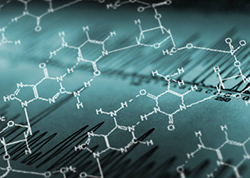Is It Mold? Is It Mildew? How to Tell

The Difference Between Mold And Mildew
Some types of fungi, mold and mildew share a “family” resemblance. So when you discover a suspicious patch in your home, how can you tell which one it is?
Differences between Mold and Mildew
Telltale clues in appearance help to distinguish between mold and mildew.
• Mildew usually starts out white or yellow, changing to brown or black over time. Mold can be found in a wide range of colors, including pink, green, brown, black and grey.
• If a patch of fungus is powdery or downy to the touch, it’s most likely mildew. Mold, on the other hand, has a fuzzy texture.
• Mildew grows in a flat pattern, while mold is hyphae-shaped, which means it’s constructed from several minute filaments.
• Mold is usually found on organic materials such as wood and paper, and both fungi can grow on materials like carpeting, clothing and shower curtains that are in damp areas. Mildew also feeds on host plants such as corn and rice.
Mildew vs. Mold Treatment
Mold and mildew both cause upper-respiratory problems, but mold includes a substance called mycotoxins that can result in more serious allergic reactions. Also, if left untreated mold can lead to structural damage as it feeds on various building materials.
Mildew can often be treated with an over-the-counter cleaning agent or a solution of bleach and water. Due to mold’s more destructive nature, professional mold treatment is highly recommended.
Safe and Effective Mold Treatment in NYC and Northern NJ
Stern Mold provides an eco-friendly mold treatment that can usually be completed within one day. Visit our website to learn more about why our proprietary MoldExterm process is the superior solution to your mold problem.
